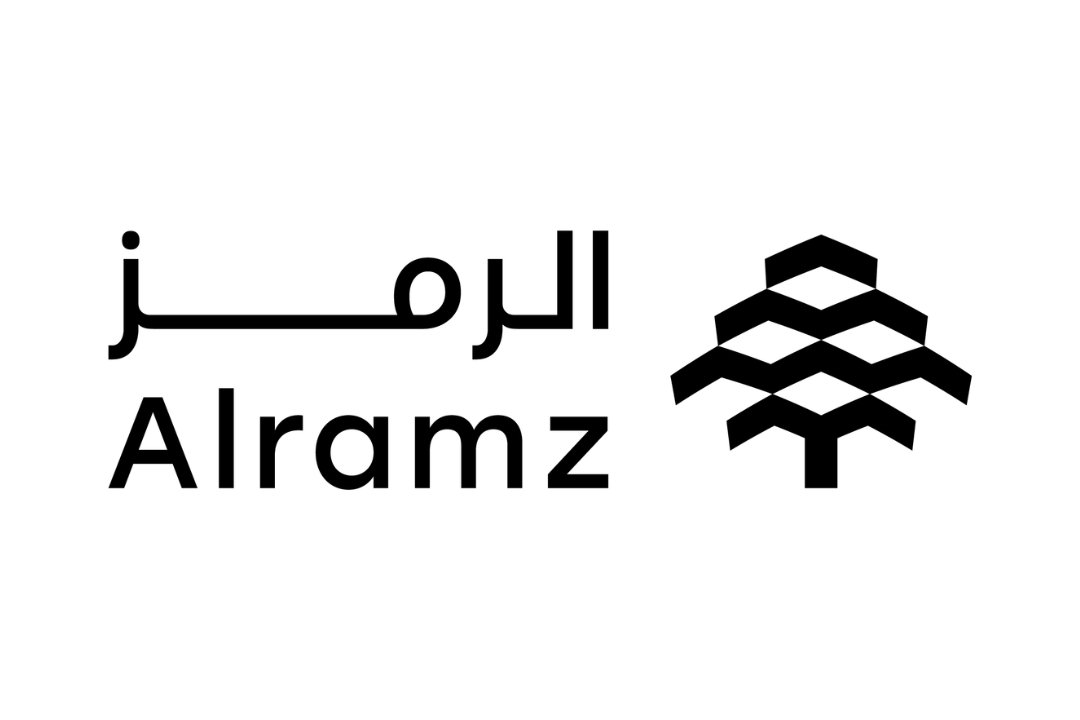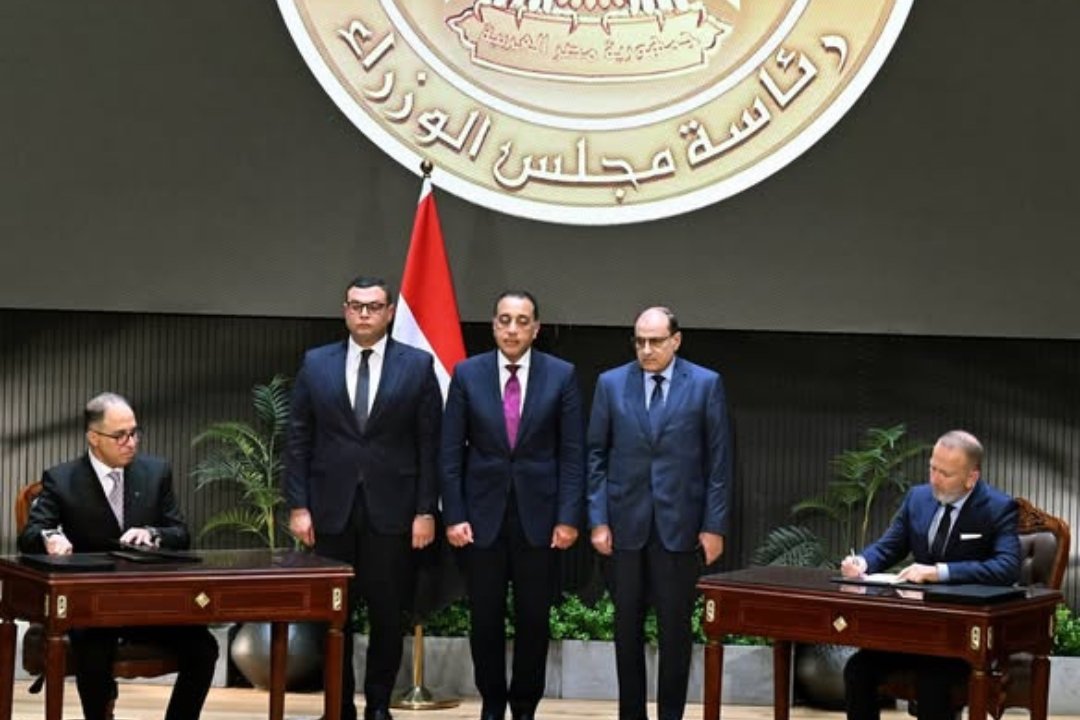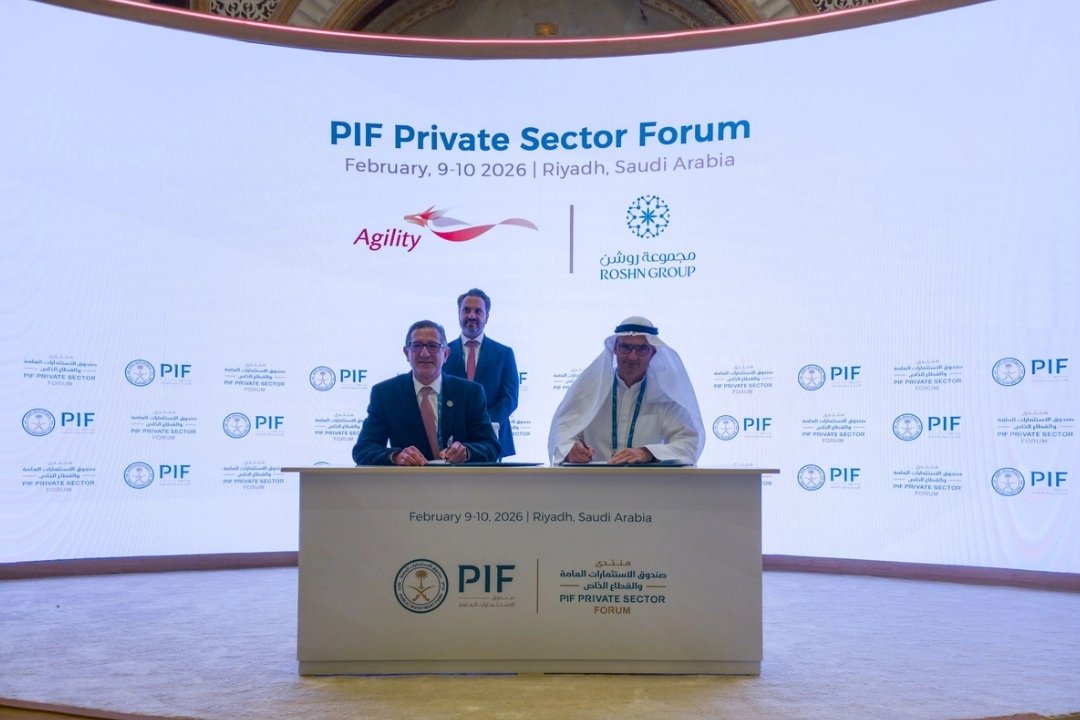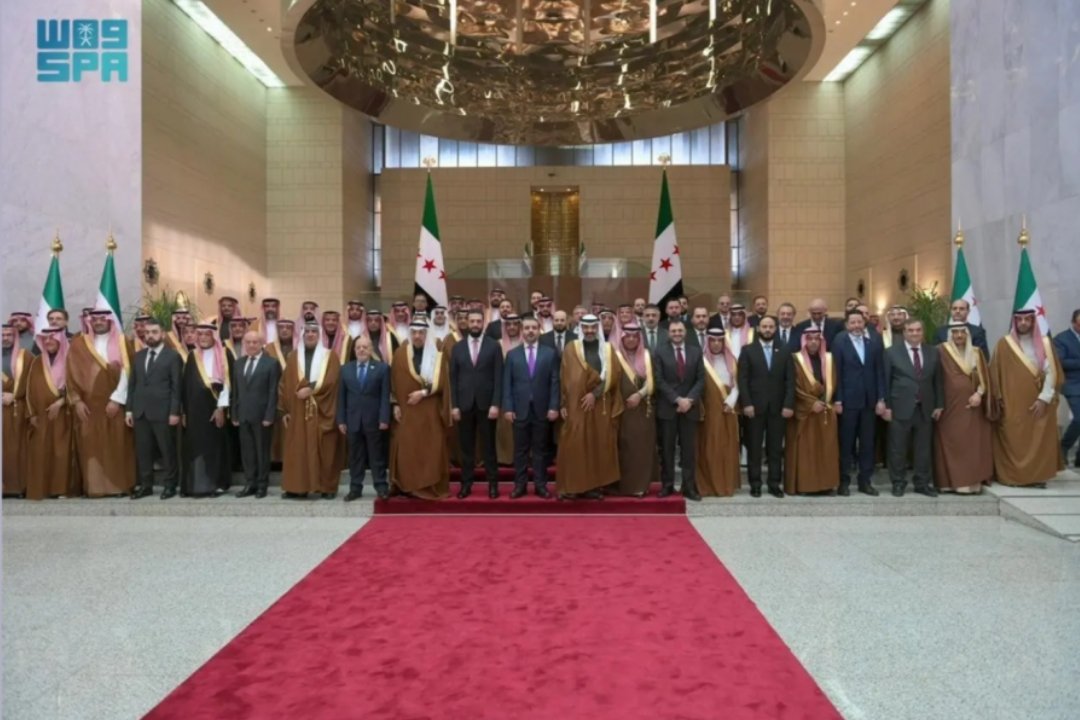UCC Holding, acting on behalf of its joint venture partners through subsidiary Urbacon Airports, has signed five design and consultancy agreements with international firms as part of the ongoing redevelopment of Damascus International Airport.
The multi-phase programme aims to transform the airport into a modern aviation hub capable of handling 31 million passengers annually. Plans include refurbishing existing terminals, constructing a new Terminal 3, and developing a five-star hotel with 200 rooms, multiple dining and leisure outlets, and direct access to the terminal. The hotel will be managed by an internationally recognised hospitality brand.
Redevelopment works already underway extend to the Airport Road, which links the Lebanon–Syria border with Damascus International Airport. The upgrades include new entrances and exits, enhanced safety features, lighting improvements, and landscaping to improve connectivity and passenger access.
As part of the latest agreements, HESCO Hammada Engineering Services will oversee the master plan, rehabilitation of Terminals 1 and 2, and the design of Terminal 3. H’Collective has been tasked with architectural and interior design for the new airport hotel. Dar Al-Handasah (Shair and Partners) will serve as the Project Management Office, handling site supervision, design approvals, and oversight of both airport works and Airport Road enhancements. DG Jones and Partners will manage contract administration, cost control, and quantity surveying, while a joint venture between Elegancia Catering and Newrest Gulf will lead the design and operation of the airport’s central kitchen and catering facilities.
The project is being led by Urbacon Airports alongside partners Cengiz İnşaat and Kalyon İnşaat of Türkiye and Assets Investments from the United States. Officials said the combination of international and regional expertise will deliver airport facilities in line with ICAO and IATA standards.
The redevelopment is positioned as a transformative step for Syria’s aviation sector, aimed at boosting connectivity, attracting investment, and re-establishing Damascus as a significant regional hub.



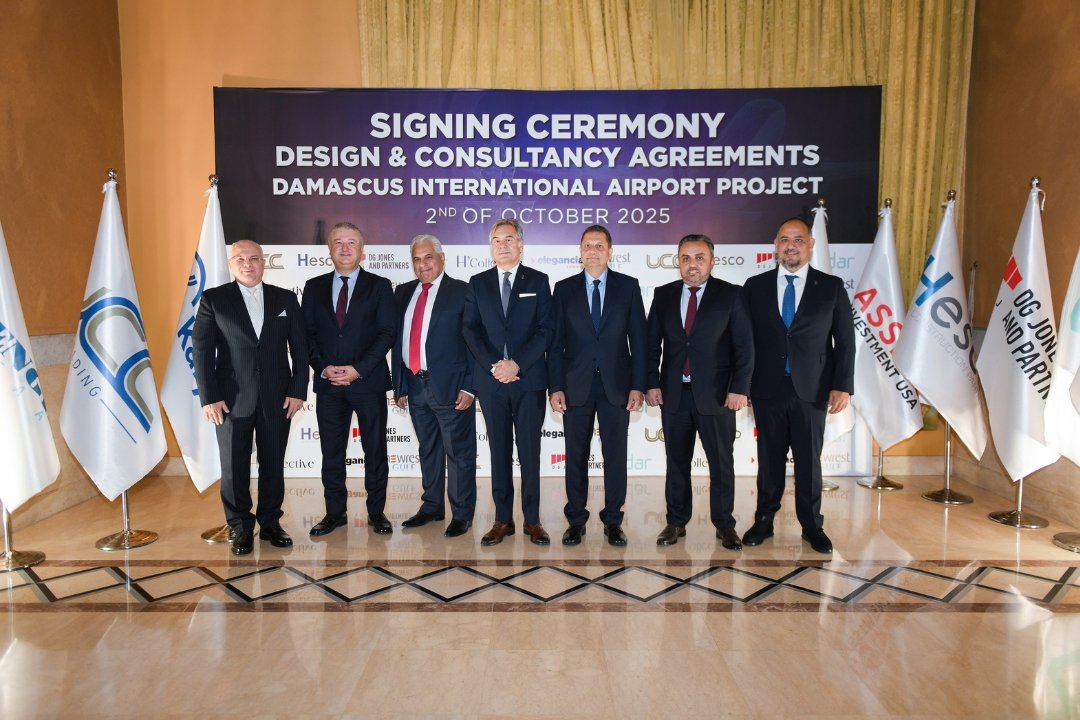

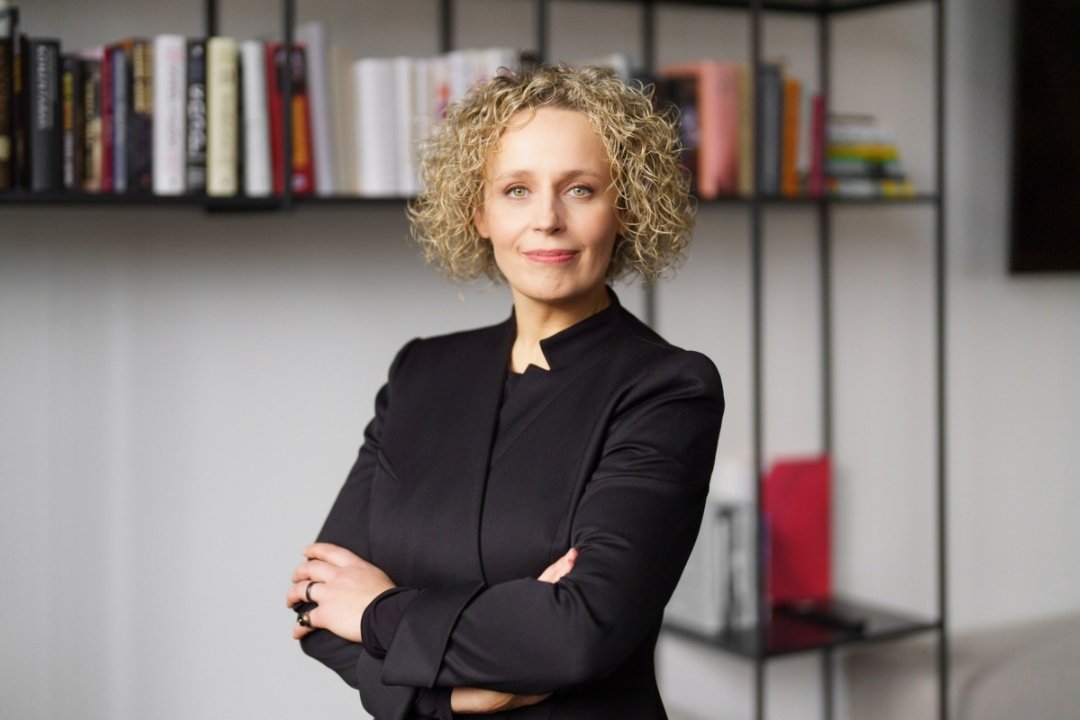

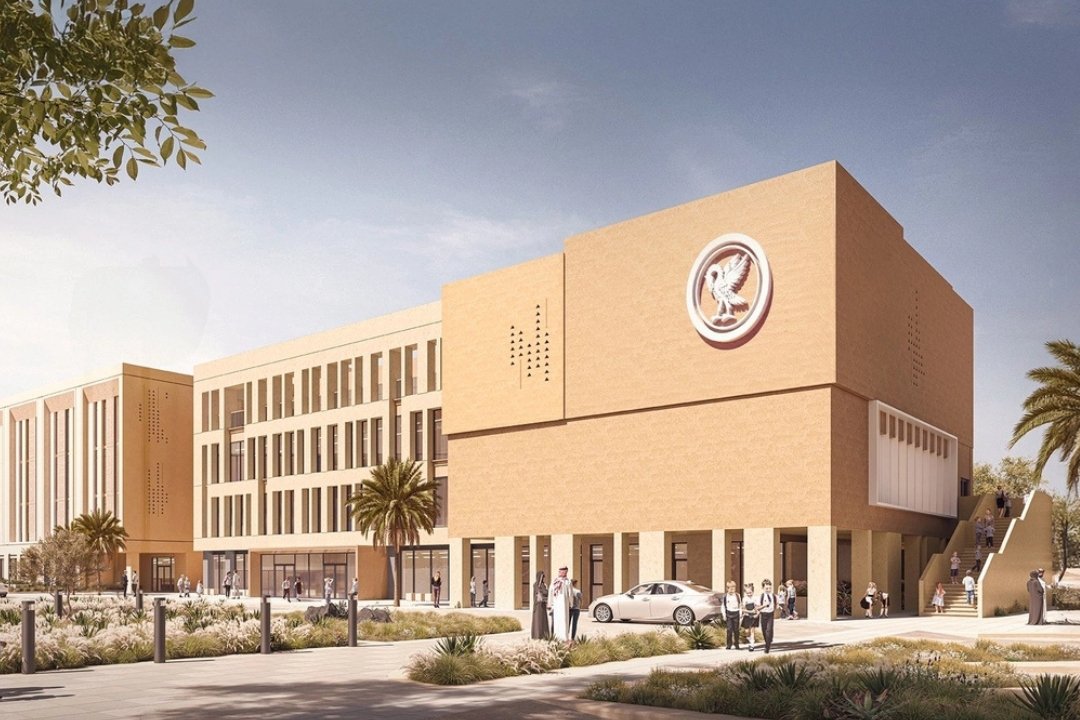
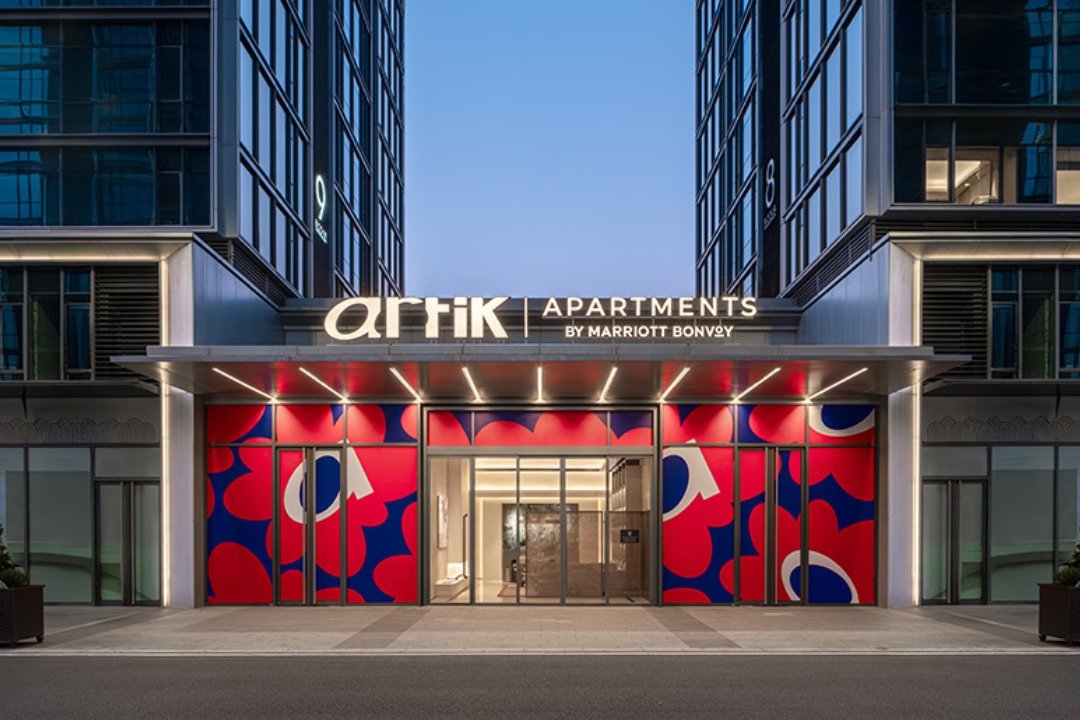
![[IRHM] logo](https://irhmagazine.com/wp-content/uploads/2025/08/IRHM-AWARDS-2025-1024x683.jpg)
